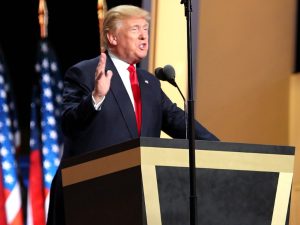As new leadership takes office in Washington, financial regulations are expected to shift toward a more industry-friendly approach. The new administration is likely to prioritize deregulatory policies, particularly in banking and financial technology. President Donald Trump’s ability to appoint key regulators will influence policy changes, including revisions to Biden-era rules on climate, environmental, social, and governance matters. Bank mergers and fintech-related banking charters could see a more favorable regulatory environment. The administration’s stance on digital assets also suggests potential policy changes, with a focus on fostering growth in the cryptocurrency sector. Regulatory scrutiny of partnerships between banks and fintech companies is expected to continue, though with a stronger emphasis on transparency and risk-based supervision.
The administration is likely to reassess capital and liquidity requirements, potentially altering or halting the Basel III endgame proposal. AI regulations may also shift, with the expected revocation of Biden’s executive order on artificial intelligence. Changes in federal housing policy will depend on Trump’s selection for the Federal Housing Finance Agency. Additionally, regulators may streamline bank merger reviews and new charter applications, signaling a potential resurgence in M&A activity. Financial institutions should closely monitor regulatory adjustments and evaluate their strategic plans accordingly.
























